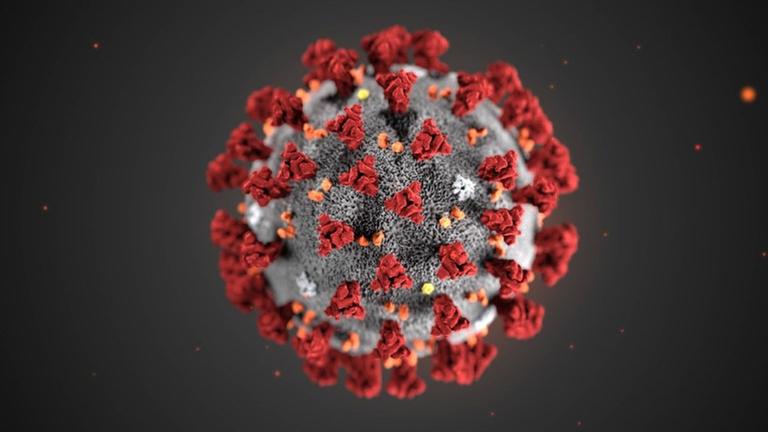
Introduction to COVID-19
The COVID-19 pandemic has profoundly impacted the world since it was declared a global health crisis by the World Health Organization (WHO) in March 2020. The virus has led to unprecedented challenges, affecting public health, economies, and daily lives. As cases continue to fluctuate globally, understanding the current state of COVID-19 is critical for individuals and communities alike.
Current COVID-19 Statistics
As of October 2023, global statistics from the WHO indicate that over 765 million confirmed cases of COVID-19 have been reported worldwide, with approximately 6.9 million deaths attributed to the virus. Many countries are now reporting a decrease in cases due to widespread vaccination efforts and the introduction of antiviral treatments. For instance, Canada has sustained a vaccination rate of over 80% of its eligible population, significantly reducing the severity of cases and hospitalizations.
New Variants and Their Implications
Scientists continue to monitor the virus for new variants, with the most recent variant, Omicron, identified as having several subvariants that are notable for their increased transmissibility. Public health officials advise continued vigilance as these variants can lead to localized outbreaks. Studies have shown that vaccinated individuals tend to experience milder symptoms when infected, yet breakthrough infections remain a concern.
Ongoing Public Health Measures
In response to rising cases in certain regions, health authorities have reinstated some public health measures, including mask mandates in crowded places and encouragement of booster vaccinations. The Canadian government is also providing additional funding for testing and contact tracing to better manage potential outbreaks. The importance of maintaining public health hygiene practices, such as frequent handwashing and avoiding close contact when feeling unwell, cannot be overstated.
Conclusion and Future Outlook
As we progress through the pandemic’s recovery phase, it is crucial for the public to stay informed and engaged with health guidelines. With anticipation of further variants, vaccination, testing, and global cooperation remain essential in mitigating risks. Continued research and awareness are vital in navigating the ongoing impacts of COVID-19. By maintaining proactive public health strategies and encouraging community vaccinations, Canada and the rest of the world aim to transition towards more manageable levels of COVID-19, ultimately looking toward a return to normalcy.



